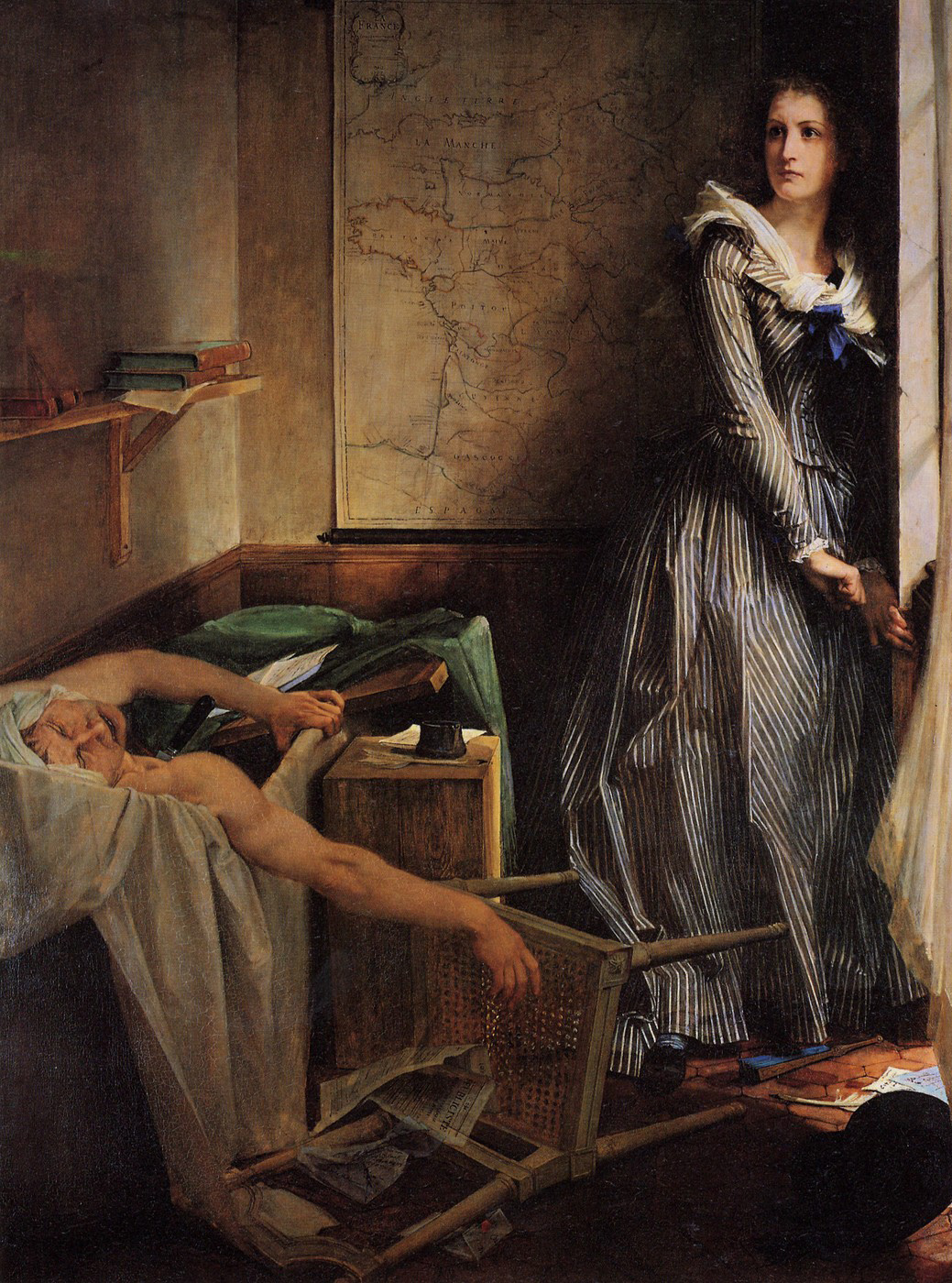Just as a reminder, here are the lyrics from Knoxville Girl.
As I've said before I'm not a music historian so finding other's perspectives on certain songs I love is a joy. While fuddling around on the internet a while back. I discovered Murder By Gaslight, which had a post on my beloved Knoxville Girl.
Turns out, while the ballad does have it's origins in England and Ireland, Americans imprinted an actual murder on the song.
Murder By Gaslight led me to the fantastic article "Not Prepared to Die: Knoxville Girl" which talks about many of the things I did in my first post, although far more eloquently then I every could:
The killer didn't just visit this girl's home on Sunday evenings, he dwelt there, which carries a definite suggestion that he stayed the night. Faced with imminent death, the girl says she's “unprepared to die”, which tells us she's not yet had a chance to make her peace with God about some recent sin that's troubling her mind. Her “dark and roving eye” hints that - in the killer's mind at least - she's a bit of a temptress. Although she can now never be his bride, that possibility's evidently been raised, or why else would he mention it? - Paul SladePaul Slade also mentioned another great version, Charlie Louvin's version from his 2007 album, Charlie Louvin. It features Will Oldman as well. The song can be found here











